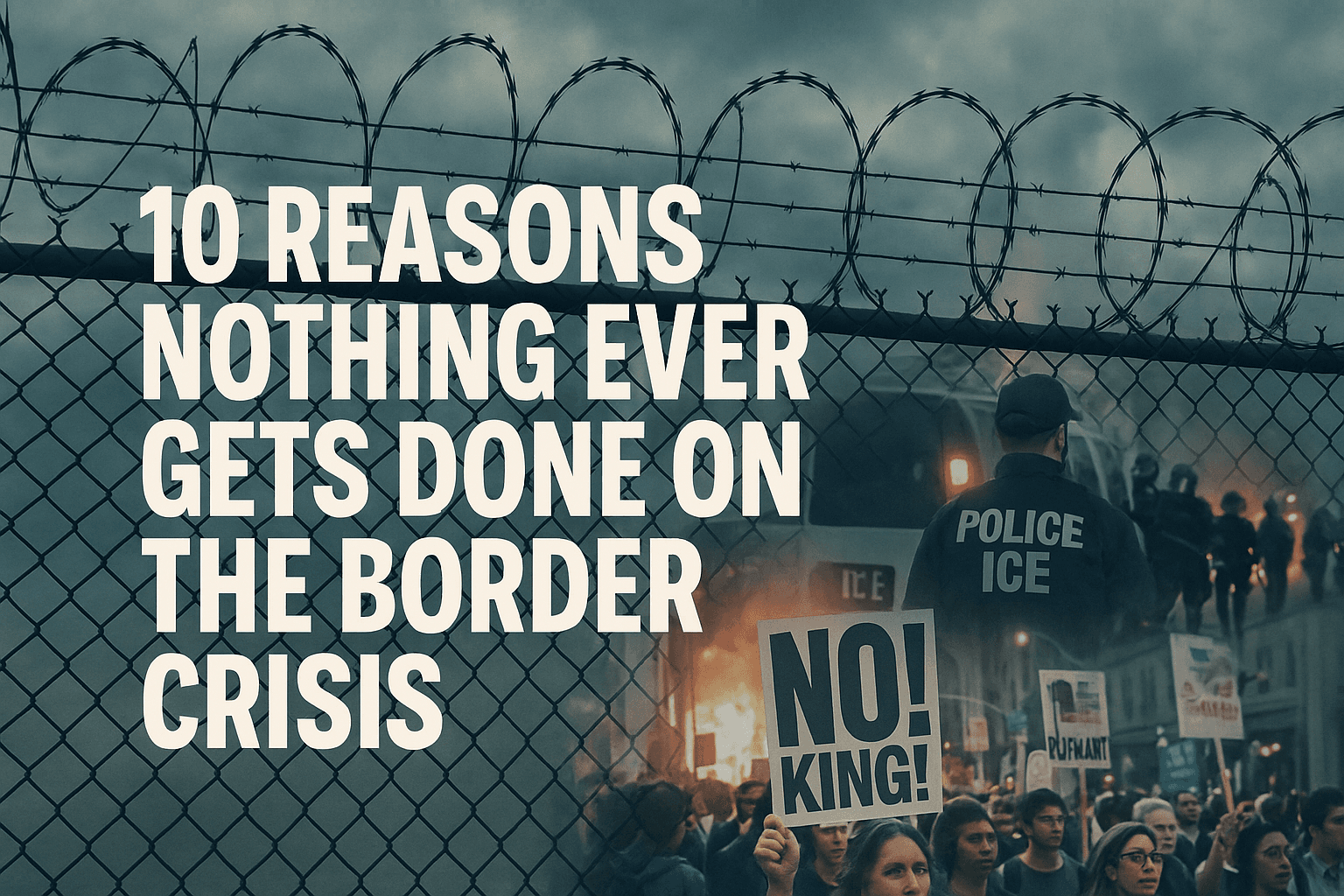Why It Is Important To Understand What the Duopoly Really Is

On this episode of Toppling the Duopoly, host Shawn Griffiths takes some time to discuss the purpose of the podcast and what it means when he and others talk about the "duopoly." This is not about dumping the two major parties. Parties have an important role in a democratic process. However, that role should not be to control the electoral and political processes. In any other industry in the United States, we would be outraged if one company or two companies had such an iron grip on their industry that competition cannot emerge. We should be equally outraged that this happens in our political industry.
The rules have been rigged to protect the major parties from competition, and thus the incentive at every level is to put party first. We need reforms that shift the incentive to put voters and country first because that is the only way we will see long-term solutions to the nation's biggest problems emerge. This is what it means to "topple the duopoly."
 Shawn Griffiths
Shawn Griffiths

